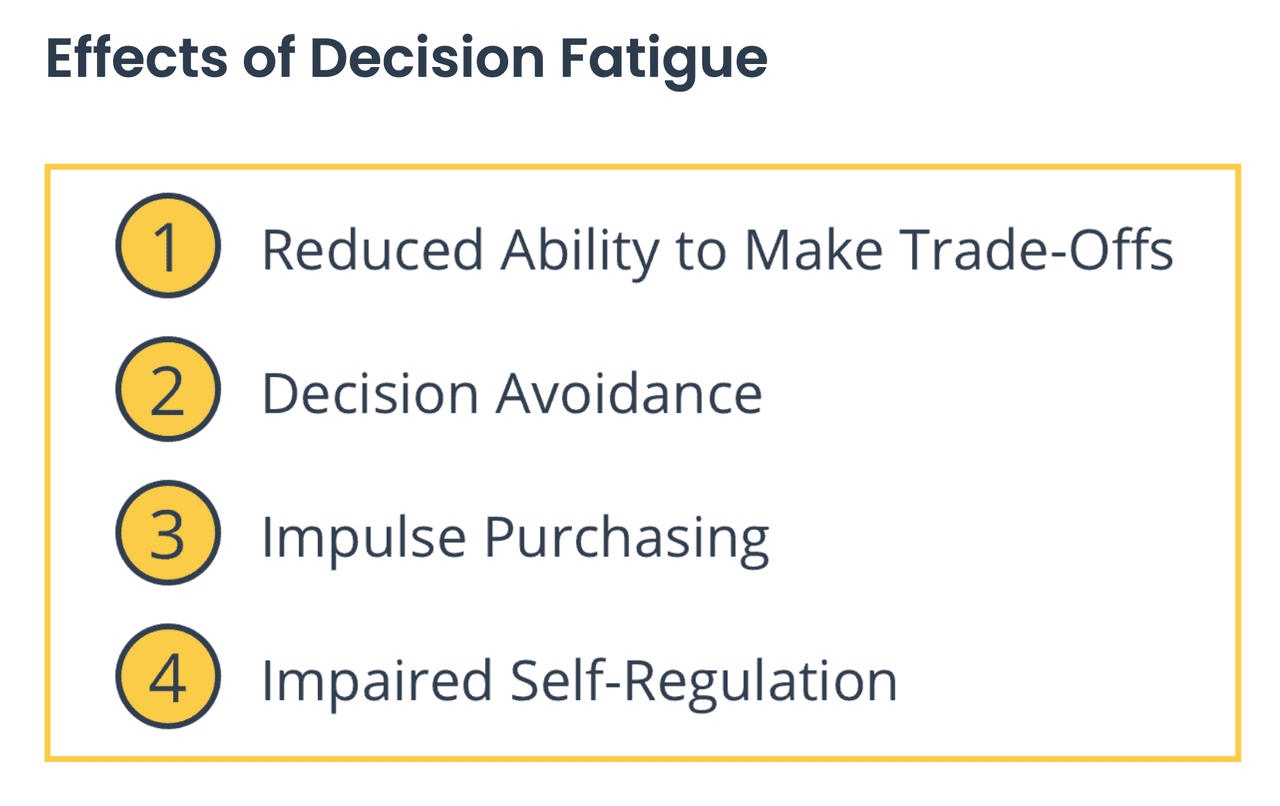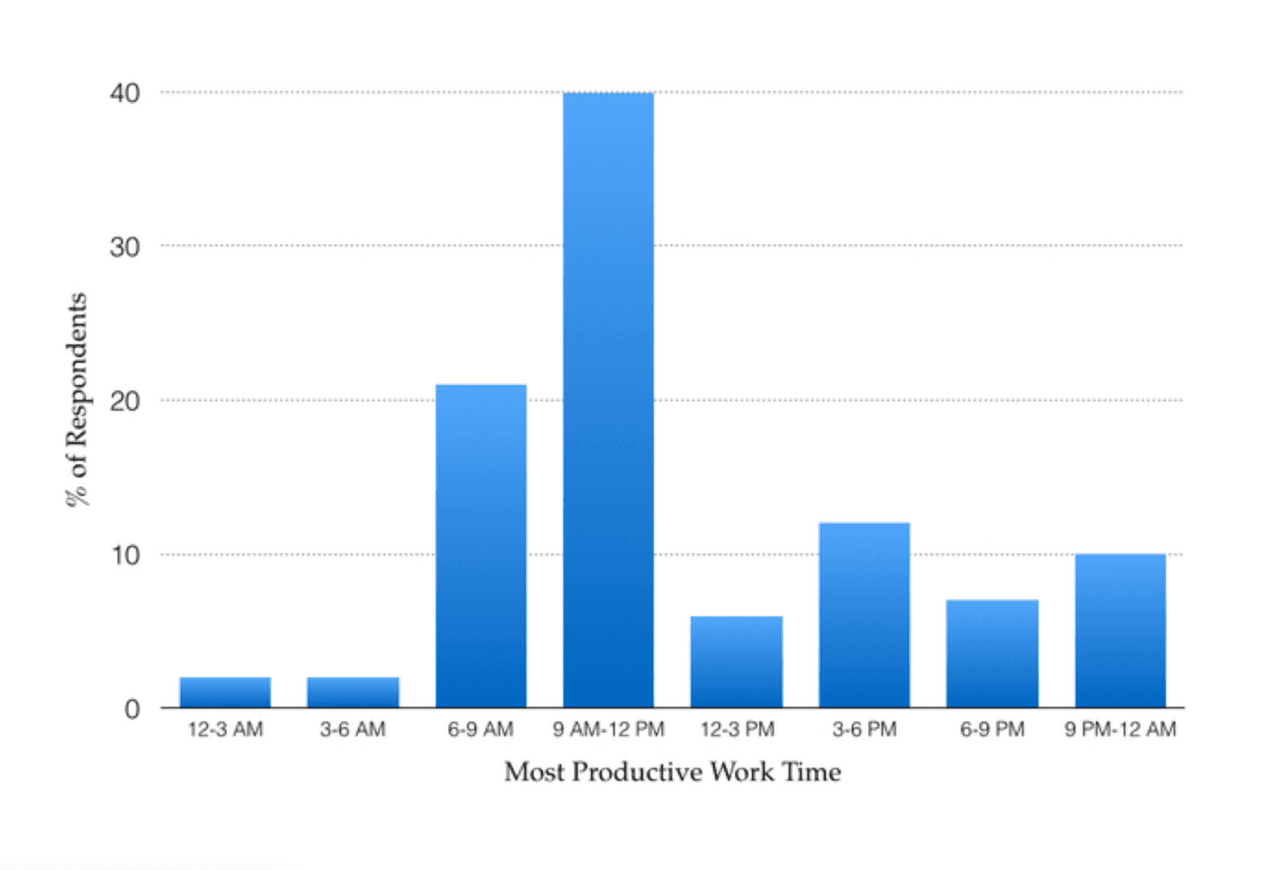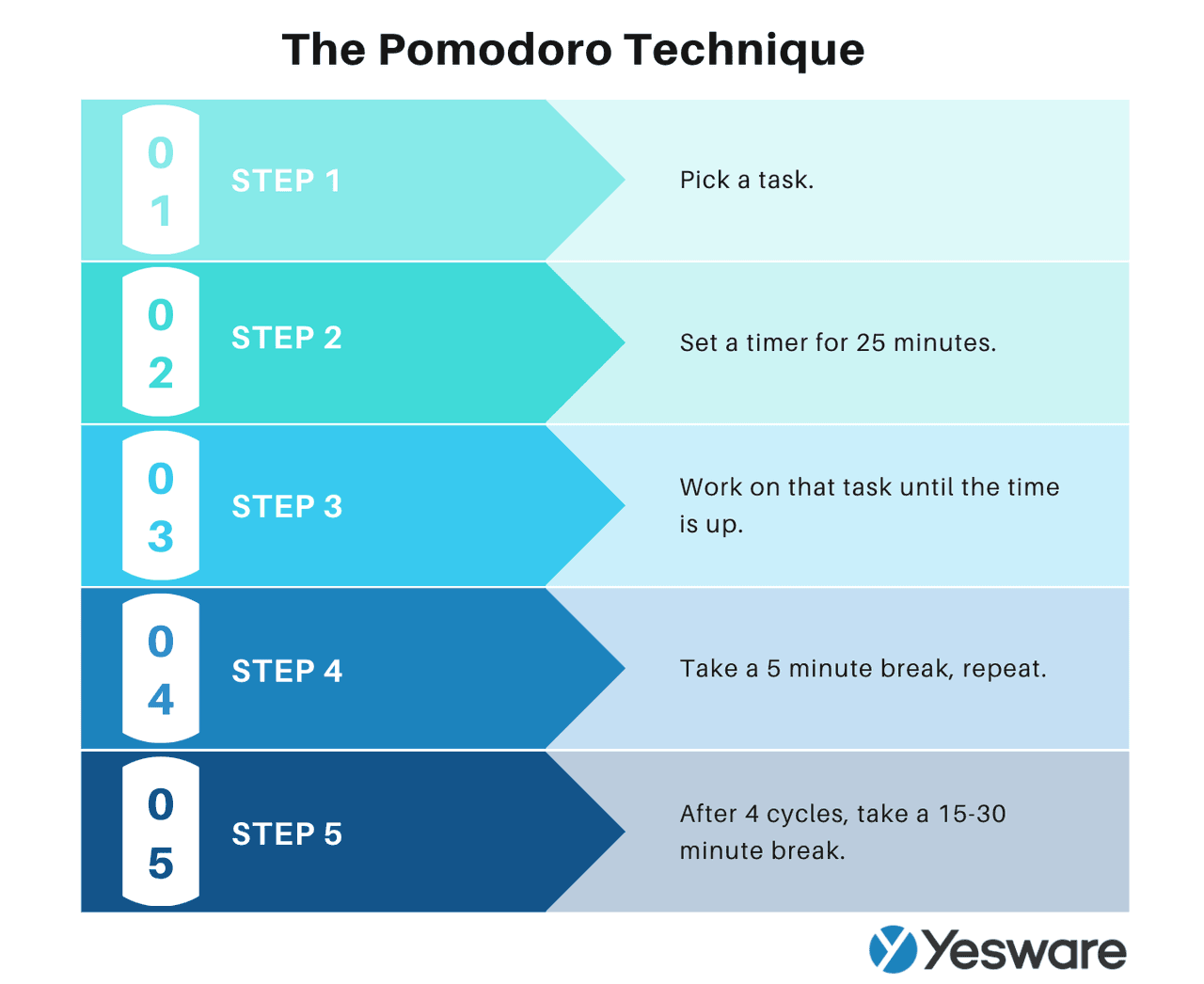How Many Seconds In A Day? 86,400 To Be Exact – Here Are Seven Ways To Be Productive Today
Yesware Contributor
There are 86,400 seconds in a day. For many, the value of this time is measured by how productive they are. Why?
Because being productive gives us purpose. When you get more done, you are happier and feel better about yourself. It can lead you to wake up excited about what the day will bring. Conversely, a lack of productivity can make all those seconds much less enjoyable.
Fortunately, increasing your productivity doesn’t require some special secret. In fact, the most effective productivity systems are often the simplest.
Here’s how to do it:
1. Focus On Systems as Well as Goals
We often hear about the importance of setting goals. However, it is less common to hear about the tools that help us achieve them. The goal of reaching $500,000 in sales is great but it isn’t actionable. This is where systems come in.
Goals help us set a direction. Systems move us in that direction. They are the repeatable processes and actions needed to achieve your desired results. For example, the system for reaching your sales target could be to call a certain number of prospects every day.
The key is to use systems and goals in unison, not just one or the other.
2. Reduce Distractions
Distractions make it hard to be productive. Ridding yourself of anything that blocks your focus lets you be fully engaged with what you are doing. With improved concentration, you have the ability to achieve more faster.
Now, reaching a distraction-free environment is easier said than done. Distractions can come in all shapes and sizes. They can range from random web browsing to the clutter on your desk. Or, you may simply have too many clothes to choose from in the morning.
Look at your surroundings and take note of everything that could draw your attention away from what you should be doing. If you often find yourself being distracted by others, learn to communicate on your own terms.
Make asynchronous communication methods like email or text the go-to way to reach you. The hyper-productive Elon Musk himself said, “Wherever possible I try to communicate asynchronously.”
3. Plan the Night Before
Planning the night before is a great way to set the tone for the following day. By knowing what you want to achieve for the day, you will sleep more soundly and wake up with a sense of purpose.
Nightly planning also has the added benefit of lowering the number of choices you need to make throughout the day. This is important as each decision you make takes energy. As the day goes on, your energy starts to wane as the decisions add up.
For many people, this can lead to poor decision-making and productivity. The psychologist Roy Baumeister coined the term decision fatigue to describe this effect.

When you reduce the number of decisions you need to make in a day, you can preserve more of your valuable mental energy. As a result, you are better equipped to work efficiently on the day’s tasks.
Before you go to sleep, sit down and ask yourself what important things do you need to do tomorrow. Write down your answers and lay out your schedule, giving priority to the most important tasks. Take note of how your mornings proceed to see if your energy and focus improve.
4. Follow a Consistent Routine
Routines are the foundation of life. Eating, sleeping, brushing our teeth — so much of what we do every day isn’t new, but rather, a regular sequence of actions. And this is good. It would be exhausting if your brain faced nothing but new things all day.
Routines provide structure and clarity. Like planning the night before, they reduce the number of decisions you need to make each day. When you complete one task, your mind seamlessly moves to the next without any thought or delay. Actions become processes and your productivity rises.
Repetition is the key to creating a routine that sticks. It takes 21 days for a repeated action to become a habit. If you can follow your routine consistently for this amount of time, the habits will start to become naturally ingrained into your behavior.
5. Deep Work at Your Most Productive Time
To maximize productivity, you need to optimize your most productive hours. Research has shown that most people reach peak productivity a few hours after waking. From there, alertness and memory decrease throughout the day.
 During these times of peak productivity, our concentration is heightened. Many are able to enter a flow state where time slows and work feels effortless. This is when you want to perform your most cognitively demanding tasks.
During these times of peak productivity, our concentration is heightened. Many are able to enter a flow state where time slows and work feels effortless. This is when you want to perform your most cognitively demanding tasks.
Many refer to this as deep work. You block off an extended period of time and work, completely free of all distractions.
You can then use your non-peak hours to handle your shallow work. These are the less cognitively demanding tasks: for example, checking your email or responding to a Slack message. Saving these less demanding tasks for when you are weaning off your flow state is vital to using your time more efficiently.
6. Delegate the Nonessential
While it may not boost YOUR productivity, delegation is one of the simplest ways to get more done in less time. If you value control, it may be hard to offload your work to others. However, what you lose in control you can gain in efficiency.
No matter how talented you are, you won’t be the best at everything. For many tasks, you can find a higher-skilled replacement to do it more efficiently. In turn, you can spend more time working where you are most efficient.
You can extend this philosophy to your more trivial day-to-day tasks (i.e. cleaning your house). If the value of what you can produce in the time it takes to complete a task exceeds the cost of paying someone else to do it, delegate it.
7. Take More Breaks
In a discussion on increasing productivity, the idea of taking breaks may seem counterintuitive. However, making the time to let yourself recharge can dramatically improve your overall output.
If you have ever spent a long time working on a task, you have likely felt yourself lose focus the longer you work. When your attention and ability to concentrate decreases, so does the quality of your work. And at the end of the day, productivity isn’t simply about getting things done. It’s about getting things done well.
Start incorporating short breaks into your regular work routine. Take a walk, read, meditate, refill your water bottle — whatever helps you sustain your energy and focus. You can also use the Pomodoro Technique to sustain attention over the course of the day. This involves working at a high level for 25 minutes and then taking a 5-minute break before repeating the cycle.

Get More Done With Yesware
Yesware gives sales professionals the tools to make the most of their 86,400 seconds. You can save time on every email by using our ready-made templates to quickly send personalized messages with just a few clicks. By creating automated follow-up emails you can engage with your prospects without the need for repetitive tasks.
Check out our tool for free to see how it can help make you more productive.
Hungry for more?
Here are a few more productivity guides to try on for size:
Get sales tips and strategies delivered straight to your inbox.
Yesware will help you generate more sales right from your inbox. Try our Outlook add-on or Gmail Chrome extension for free, forever!
Related Articles
Jenny Keohane
Guest Author
Casey O'Connor
Sales, deal management, and communication tips for your inbox

